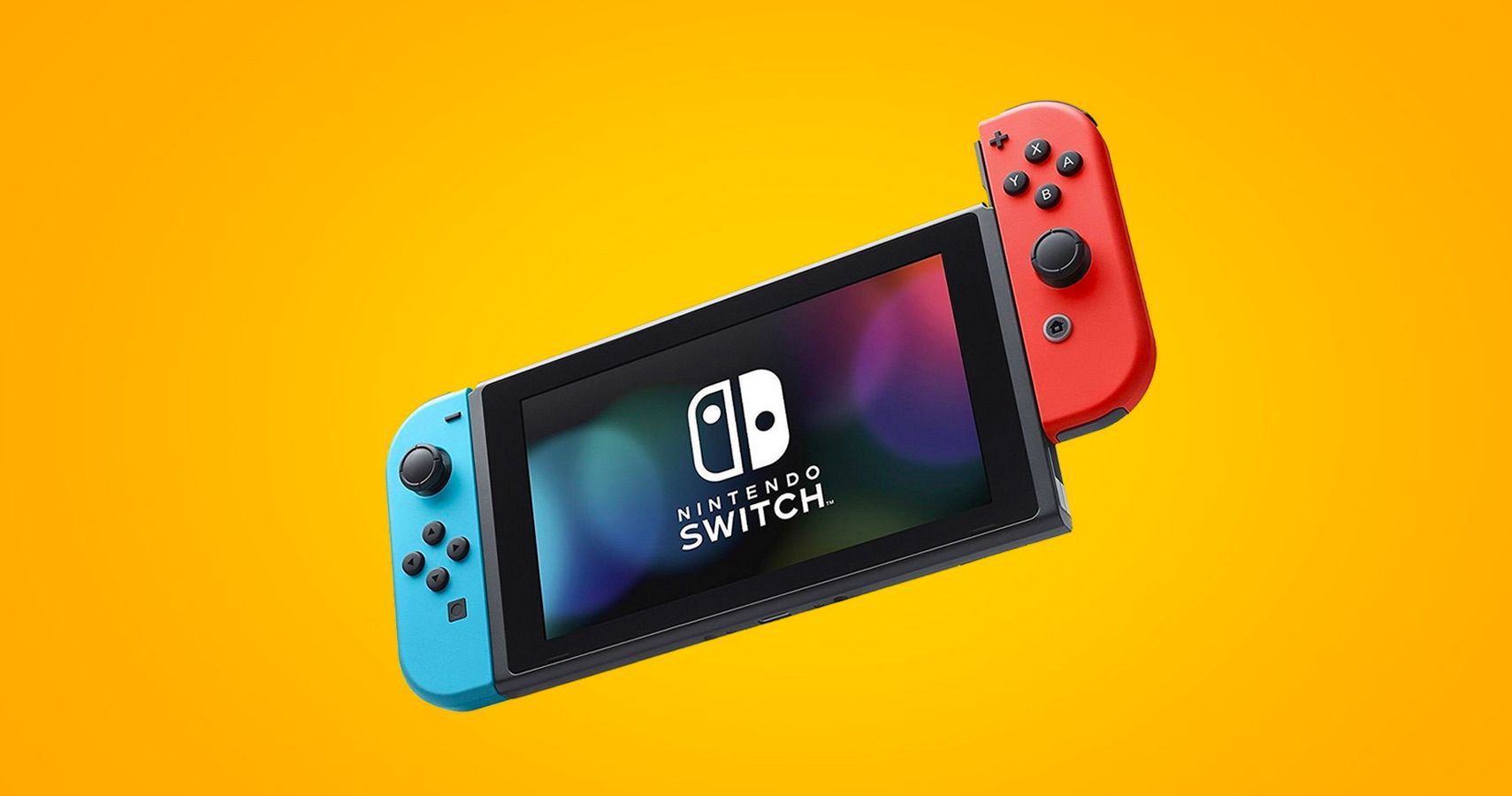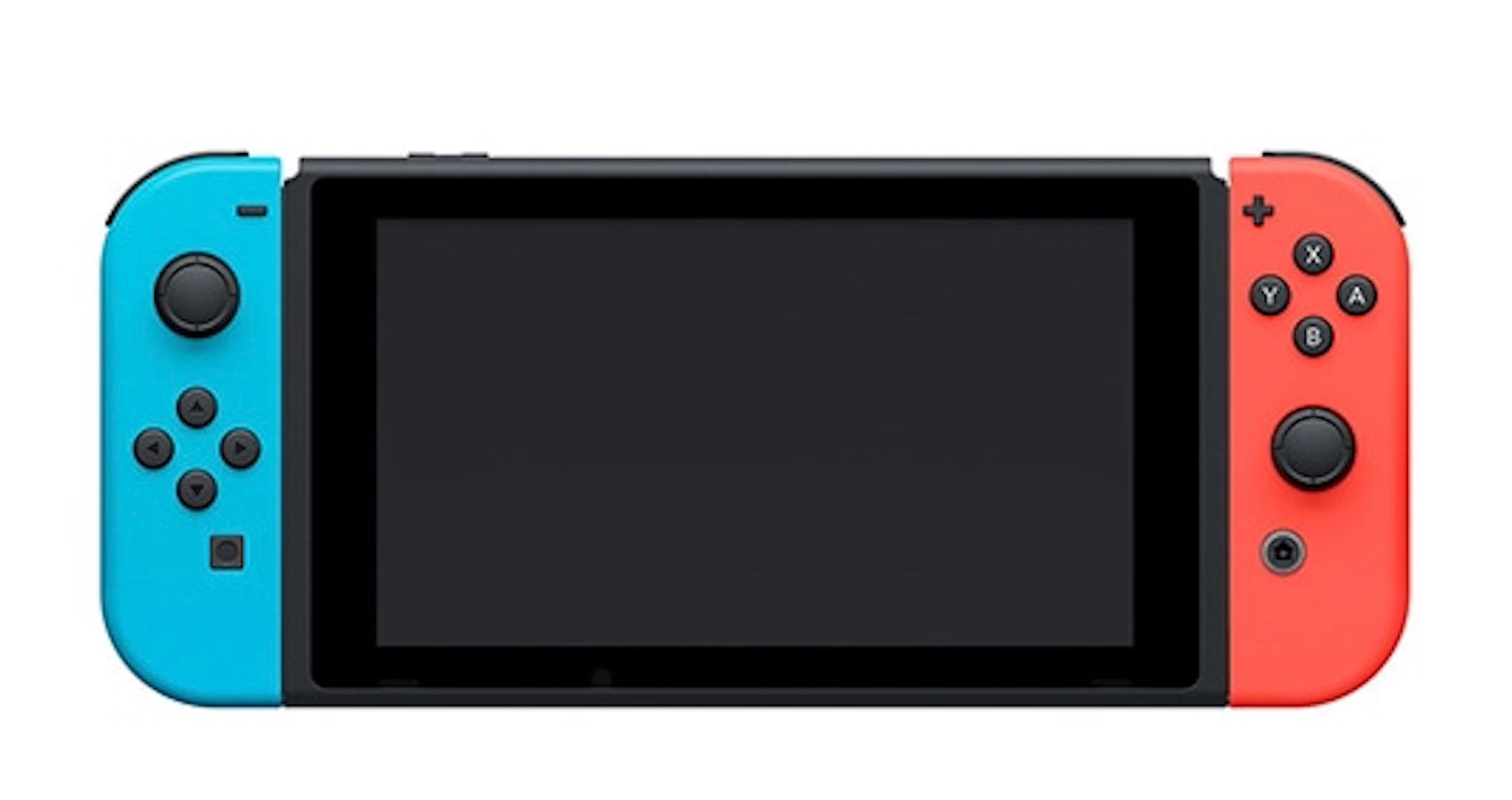Console generations typically don't vary all too much. Nintendo has gone through them for over 30 years while Sony and Microsoft have gone through them for around 20. At this point, given the consoles' release dates, it's fairly easy to determine when the next console will come out. With Nintendo, on the other hand, it is much harder to take guesses at the next console's release. There is a general sense, given traditional gaps between Nintendo consoles, but placing bets on the next Nintendo system's release is a very unwise thing to do. This, in a way, begs the question: when will the Nintendo Switch reach the end of its lifespan?
How Do Xbox And PlayStation Do It?
As mentioned previously, Microsoft and Sony consoles have very foreseeable lifespans. Typically lasting between five and seven years, it would actually be wise to bet on the next console's release. Barring the handheld devices, in terms of PlayStation consoles, the first console's release was in Japan in late 1994. This was followed by the PS2, which was initially released in Japan in March of 2000. The PlayStation 3 follow-up came out in Japan in November of 2006, followed by the PlayStation 4's release in November of 2013 in North America. The PlayStation 5 is projected to release in late 2020. As can be seen here, timespans between console releases have steadily increased over time, though they are generally very similar.
Regarding Xbox consoles, the amount of time between releases has been a bit more inconsistent, but it seems to have settled on a general timespan. The original Xbox was first released in North America in November of 2001. The Xbox 360 was released four years later in November of 2005, while the Xbox One was released a whole eight years later in November of 2013. Project Scarlett is set to release in 2020, signifying that Microsoft console releases have settled on a general lifespan.
Nintendo Arrives Precisely When It Means To
Nintendo, as the oldest company of the three, has been all over the map, especially in terms of handheld releases. Console lifespans have generally been in the five to six-year range. Although, the less-successful Wii U only lasted just over four years before the release of the Nintendo Switch.
Meanwhile, the Game Boy and its generation lasted for a decade, seeing multiple upgrades along the way, such as the Game Boy Color. It was followed by 2001's Game Boy Advance, which was followed by the Nintendo DS in 2004. The Nintendo 3DS was later released in 2011 and has lasted until 2019, although one could argue it has reached the end of its lifespan.
If there's anything proven by Nintendo's release formula, it's that it has been fairly erratic between console and handheld releases. Now that the Switch is over two years old, it's reasonable to assume we are somewhere between the middle and beginning of its lifespan. Frankly, it could last beyond the normal five to six-year lifespan experienced by previous Nintendo consoles simply due to the nature of the system.
The Switch's Platform-Defying Nature Makes It Hard To Pin Down
Acting as both a handheld and console device, the Switch can dominate both markets at once and, thus, transcend what would otherwise be typical lifespans. The Switch is already getting new console renditions and, going forward, could receive more. However, as long as the Switch remains successful and admired, there is no reason for it to go anywhere. Nintendo always dominated the handheld market and has held its own in the console market. Now that Nintendo has created a hybrid, it's hard to foresee them reverting back to their traditional market presence. It would take a radical evolution in handheld devices or home consoles for Nintendo to convince consumers to go back. Simply put: the Switch has boxed Nintendo in an arguably beneficial corner.
If we're just almost halfway through the lifespan, then it's fairly mind-boggling to recognize the games players have already gotten, including Super Mario Odyssey, Super Smash Bros. Ultimate, and The Legend of Zelda: Breath of the Wild, as well as the games to come, including the next Luigi's Mansion and Animal Crossing games and a sequel to Breath of the Wild. The latter is almost unprecedented, but it suggests that the Switch will be around to stay past the normal cycle experienced by previous Nintendo consoles.
The Switch has, thus far, proven to be a wildly successful console. Blending two markets together, it has captured a wide audience for what could be a long period of time. And, if future releases are any indication, Nintendo is surely not about to let go of it any time soon.


